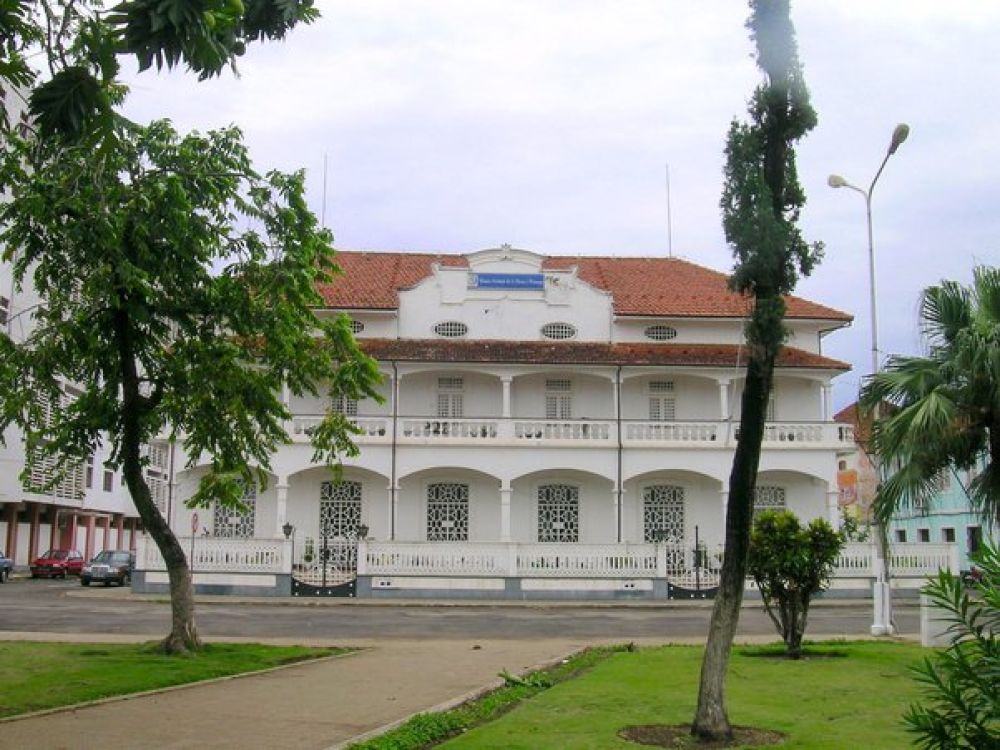

The small yet captivating town of Ermera, nestled in the hills of Timor-Leste, is a hidden gem for those looking to explore the remnants of Portuguese colonial architecture. Timor-Leste, once known as East Timor, has a rich history influenced by centuries of Portuguese colonization, which is evident in the striking architectural features that can be found throughout the country, including in Ermera.
Tourism in Timor-Leste is a relatively new industry, primarily because the country only gained its independence from Indonesia in 2002. The troubled past of Timor-Leste, marked by struggle and conflict, had for many years halted the development of tourism. However, as the country settled into peace and stability, the untapped beauty and cultural wealth began to attract visitors from around the world.
The interest in Timor-Leste's Portuguese colonial buildings has seen a gradual increase as part of cultural tourism. These structures serve as a testament to the complex history and rich blend of cultures that characterize this young nation. After the restoration of some key historical sites, the importance of preserving this heritage has become more apparent both to locals and to international tourists.
In Ermera, the influence of Portuguese colonization is particularly striking. The town is a repository of colonial architecture, with buildings dating back to the 19th and 20th centuries. Common features include terra-cotta tiled roofs, colorful facades, and intricate azulejos (hand-painted ceramic tiles), which have all stood the test of time, offering a window into the past. The coffee plantations, also a legacy of the Portuguese era, have been pivotal in the town's history and continue to be a significant draw for tourism.
Eco-tourism and community-based tourism have been on the rise in Timor-Leste, with the country’s lush landscapes, mountainous terrain, and rich marine biodiversity offering a perfect setup for adventure and nature enthusiasts. Ermera, with its elevated position and cool climate, is becoming particularly popular for those interested in agro-tourism, providing insight into the lives of coffee growers and the chance to participate in coffee harvesting and roasting experiences.
In line with global trends, there is a growing emphasis on sustainable travel practices in Timor-Leste. Efforts are being made to ensure that tourism development does not harm the country’s natural environments or cultural heritage. This includes promoting homestays and locally owned businesses to ensure that the economic benefits of tourism directly support the local communities.
Cultural festivals have also started to emerge, with Timor-Leste looking to celebrate and showcase its unique blend of traditional Timorese and Portuguese cultures to the world. These festivals usually culminate in vibrant displays of dance, music, and traditional cuisine, offering visitors an immersive experience.
The Portuguese colonial buildings of Ermera are more than just aesthetically pleasing relics; they play an essential role in telling the story of Timor-Leste. As the country continues to grow and develop its tourism sector, preserving these historical structures remains vital. The combination of history, culture, and natural beauty makes Ermera a compelling destination for travelers seeking an off-the-beaten-path experience with a rich colonial legacy.